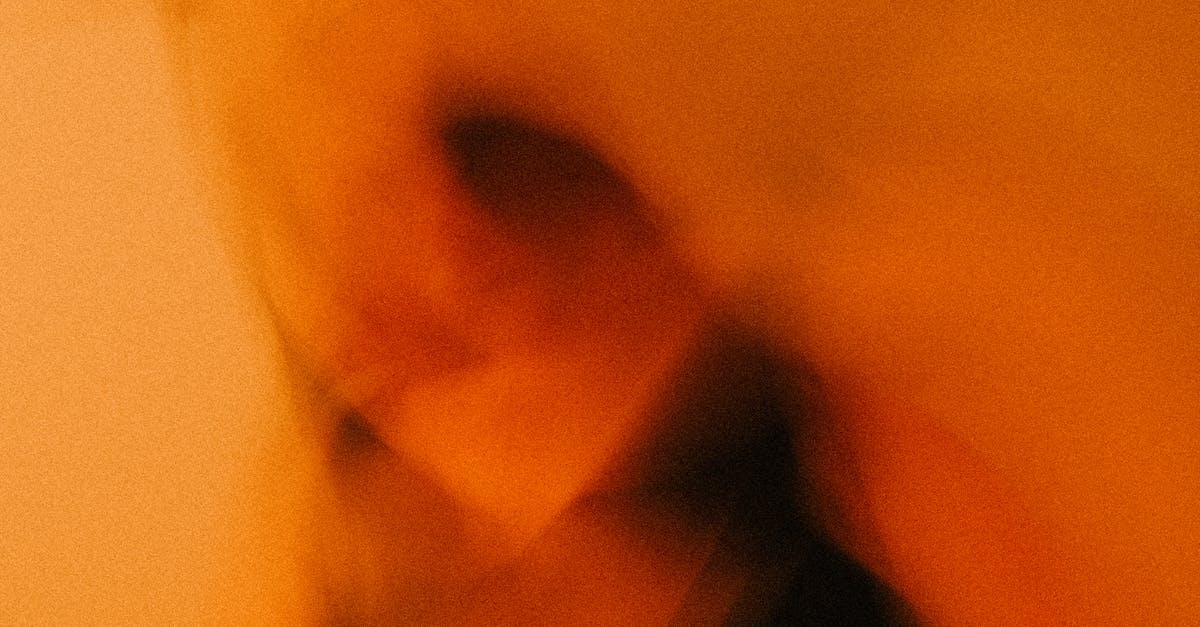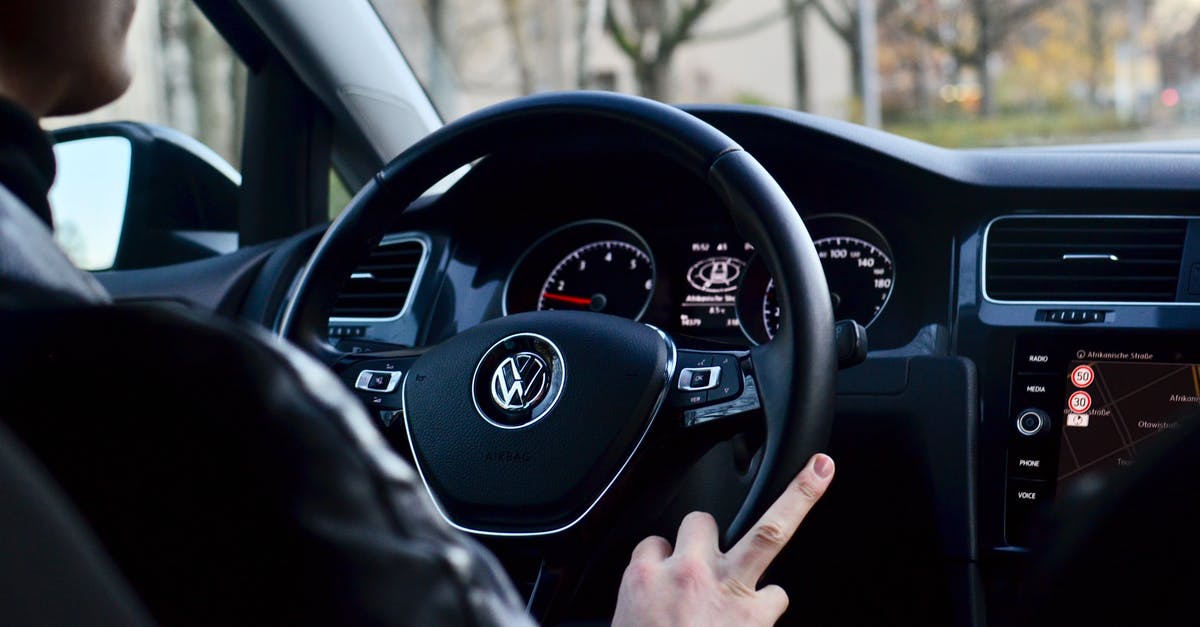Why orange carrots turn black while peeled?

Freshly bought carrots turn black (like coal) on peeled surfaces in minutes if not seconds. I wonder why and why are these special.
Obviously it is not black rot. The carrots taste normal, albeit not too sweet. Too much fertilizer nitrates? Or just contain lots of starch like in potatoes?
The carrots were clean to begin with and I washed my hands too :-)

Update: I live in Denmark and these carrots are from Spain, perhaps Canary Islands, fresh veges seem like a bit of a struggle here, hence I am surprised.
Best Answer
I must admit that my answer contains a bit of speculation.
Let me start with beta carotene which is the pigment responsible for the orange colour of common carrots. It is easily and quickly oxidised by exposure to air and enzymes already present that get activated upon cutting and exposure to light. As such it looses its orange colour very quickly.
Now, browning of fruits and vegetables happens for oxidative processes when they are exposed to air. It is a common an unpleasant occurrence.
Where I do speculate a bit is on why the browning is so pronounced in the case of carrots to be even described as "blacking".
I have few possible reasons that make sense to me (consider I have to deal with "colours" at work, if this gives a bit of credibility).
Carrots are deep orange. The dark layer of oxidised surface on the underlying orange gives us a almost black colour.
Carrots contains other deeply coloured pigments. Some are darker than beta carotene (indeed carrots originally came in purple, and some are indeed black!) and more resistant to oxidation. As such oxidation of beta carotene can reveal darker pigments (anthocyanines) otherwise unnoticed.
This is somehow similar to what happens with leaves. At first they are green due to their content of chlorophyll. Once they fall, chlorophyll has been degraded and other red and yellow pigments become visible.
A mix of the above, depending on the type and amount of pigment present in that particular carrot.
Extra: if cooking with carrots they get a green tint, this is due to a too high (alkaline) pH. For instance too much baking soda in the batter. Pigments can be sensitive to pH, too.
Based on the comment of Lorel C. Indeed the level of tissue damaged as well as porosity are know to exacerbate the browing process.
https://www.ncbi.nlm.nih.gov/m/pubmed/10971842/
This is evident when instead of sharply peeling the carrots we clean them by scratching with a blade hold perpendicular to the surface. This is likely to be the case depicted in the photograph by OP.
Many recipes indeed recommend the use of soft brushes to clean carrots.
Pictures about "Why orange carrots turn black while peeled?"



Why do carrots turn black after peeling?
Oxidation browning occurs when oxygen from the air activates an enzyme in the fruit (or vegetable) which then reacts with phenolic compounds in the plant tissue. You must have happened upon a batch of carrots which has high amounts of phenolics, or an unusually efficient enzyme, or large amounts of the enzyme.Why are my carrots going black?
When carrots turn black, it is almost always caused by rot.Can you eat carrots with black on them?
Some carrots may develop some dark spots on them. This doesn't necessarily mean that they've gone bad, and those can be cut off before using. However, if you see any mold growing on them, then they've definitely gone bad and should be thrown out.How do you stop carrots going black?
This would mean that black or limp carrots would be a thing of the past. There's no magic here, just basic science. So what's the secret? Placing carrots in an airtight container lined with a paper towel will extend their life for up to 10 times longer than if you just left them loose in the fridge.How Too Many Carrots Can Turn Your Skin Orange - Carotenosis | Corporis
More answers regarding why orange carrots turn black while peeled?
Answer 2
This looks to me like simple oxidation. It is just that your batch shows it more than others.
It is completely normal for plants of the same species to have very different amounts of the same chemical compound. Think of capsaicin in peppers, which vary from sweet to your-intestines-will-be-on-fire-for-days, anthocyanins in tulips (or carrots) which can have none (whitish) to be chock full of them (dark purple), or the aroma compounds which are concentrated in oil roses and absent in the roses bred for the grocery store shelves.
Oxidation browning occurs when oxygen from the air activates an enzyme in the fruit (or vegetable) which then reacts with phenolic compounds in the plant tissue. You must have happened upon a batch of carrots which has high amounts of phenolics, or an unusually efficient enzyme, or large amounts of the enzyme.
Sources: Stack Exchange - This article follows the attribution requirements of Stack Exchange and is licensed under CC BY-SA 3.0.
Images: Loc Dang, Skylar Kang, Toni Cuenca, Ron Lach
